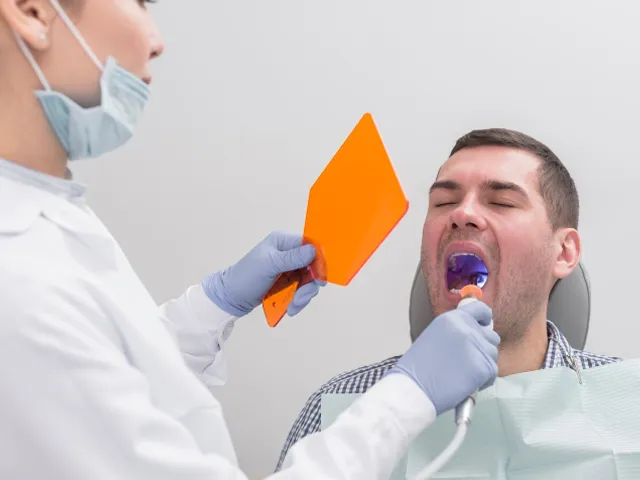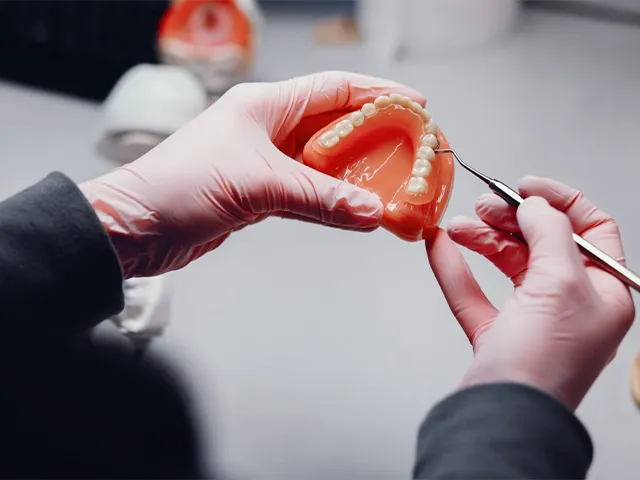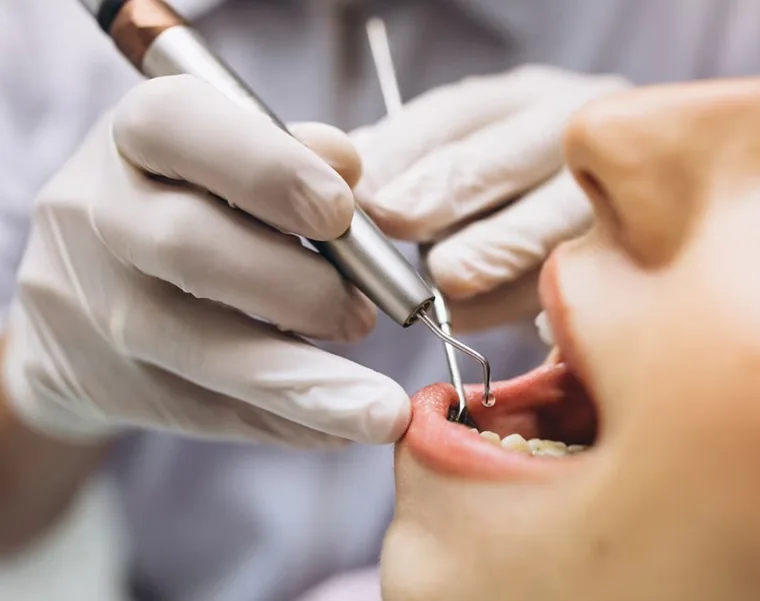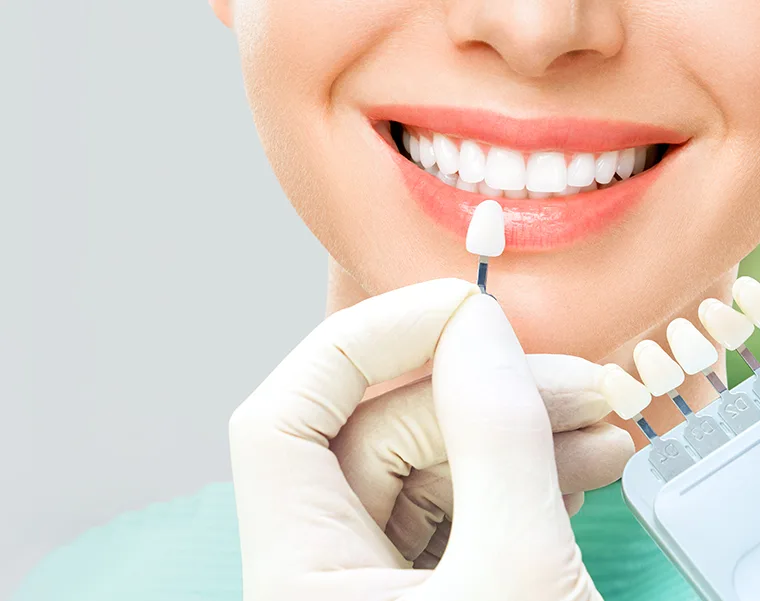Gum bleeding refers to the inflammation and bleeding of the gums. It is usually noticed during brushing or flossing. This condition indicates the sensitivity of the gum tissue and can be a sign of various health issues.
Gum bleeding is a common condition experienced by many and can often be the first sign of serious health problems. The bleeding results from the sensitization and damage to the gums due to various causes. Being informed about the causes and treatment methods is key to solving the problem and maintaining overall oral health.
What Causes Gum Bleeding?
There are many reasons for bleeding in the gums. Among the most common causes is poor oral hygiene. Not brushing teeth regularly and not using dental floss can lead to plaque buildup. As a result, gum inflammation (gingivitis) can occur.
If gingivitis is not treated, it can turn into periodontitis, a more serious gum disease that can lead to serious consequences, including tooth loss. Gum recession is often associated with poor oral hygiene and periodontal diseases but can also result from vitamin deficiencies in some cases.
Other causes include smoking, incorrect tooth brushing techniques, hormonal changes, side effects of certain medications, nutritional deficiencies, and underlying diseases (such as diabetes).
Bleeding gums are not only a problem related to oral health. This condition can also indicate general health problems. Systemic diseases like diabetes and heart disease can directly affect gum health. Moreover, nutritional deficiencies, such as lack of vitamin C and vitamin K, can lead to gum bleeding.

Spontaneous Gum Bleeding
Why do gums bleed? Gum bleeding is usually a warning sign and does not occur “out of nowhere.” If there is bleeding in the gums despite good oral hygiene, it could indicate an underlying health issue. Therefore, consulting a dentist for unexpected gum bleeding is important.
Gum disease is an important indicator of overall health. It can sometimes be one of the first signs of serious health issues. Bleeding and recession of the gums can result from various factors, including vitamin deficiencies and systemic diseases.
Serious health problems like leukemia can also cause bleeding in the gums. Therefore, it is important to take bleeding seriously.
Different symptoms can accompany bleeding in the gums. Redness or gum swelling are the most common complaints. Additionally, tooth pain, swelling, abscess formation, and the opening of gaps between the gums are signs of advanced gum disease.
These symptoms can appear at different stages of gum disease and vary in severity. Consulting a dentist when any of these symptoms are noticed is important because early diagnosis and treatment can stop the progression of gum disease and protect dental health.

Which Vitamin Deficiency Causes Gum Bleeding?
What does gum bleeding indicate? Bleeding in the gums, especially, can be an indicator of deficiencies in vitamins A and C. Vitamin A plays an important role in the repair and maintenance of gum tissue.
Vitamin C is critical for collagen production. Collagen is one of the main building blocks that keep the gums healthy and strong. Additionally, B12 deficiency can weaken the gums and lead to easier bleeding. Adequate intake of these vitamins can solve bleeding gum issues.
Which vitamin deficiency causes gum recession? Insufficient intake of vitamin C can make the gums bleed more easily. This situation can also result in gum inflammation or gum recession. Therefore, consuming foods rich in vitamin C is important for supporting gum health.
In conclusion, problems like bleeding and recession of the gums are not only caused by inadequate oral hygiene. They can also be signs of vitamin deficiencies and some serious health conditions. Adequate intake of vitamins C and A plays a significant role in maintaining gum health.
How to Stop Gum Bleeding?
The most effective way to prevent and treat gum bleeding is to maintain good oral hygiene. Therefore, it is necessary to brush teeth at least twice a day and use dental floss daily. Additionally, regular dentist visits allow for the early diagnosis and treatment of potential problems.
Products like antibacterial mouthwash can offer temporary solutions, but if the underlying issue is not resolved, bleeding may recur.
What is good for gum bleeding? The best solution for bleeding gums is to find the underlying cause. If it’s due to inadequate oral hygiene, improving brushing and flossing habits is important. If it stems from nutritional deficiencies, the missing vitamins and minerals need to be supplemented.
If gum bleeding continues despite good oral hygiene, consulting a dentist is necessary. The dentist can identify the source of the problem and recommend appropriate treatment.
In conclusion, bleeding gums are an important health warning that should be taken seriously. Regardless of the underlying cause, early diagnosis and appropriate treatment are important. It can help prevent more serious health problems. A good oral hygiene routine and regular dental clinic visits are crucial for maintaining overall oral health.
For detailed information about gum bleeding, you can reach out to Libredent.











